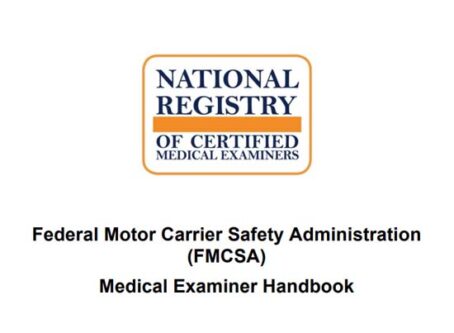Proposed rule would make it easier to upgrade Class B CDL to Class A
The Federal Motor Carrier Safety Administration is proposing a change to the entry-level driver training regulations that would reduce the training time and costs for drivers to upgrade from a Class B commercial driver’s license to a Class A CDL.
FMCSA’s notice of proposed rulemaking was published in the Federal Register on Friday, June 29.
“The notice of proposed rulemaking does not propose any changes to behind-the-wheel training requirements set forth in the entry-level driver training final rule,” the FMCSA wrote. “This proposal would be a deregulatory action as defined by executive order 13771, ‘Reducing Regulation and Controlling Regulatory Costs.’ The agency believes that this modest change in the Class A theory training requirements for Class B CDL holders upgrading to a Class A CDL would maintain the same level of safety established by the entry-level driver training final rule.”
Under the proposed rule, eight theory instructional units (Handling and Documenting Cargo, Environmental Compliance Issues, Post-Crash Procedures, External Communications, Whistleblower/Coercion, Trip Planning, Drugs/Alcohol, and Medical Requirements) would no longer be required for Class B CDL holders who are upgrading to a Class A CDL. However, the units would remain a requirement for an individual who is attempting to obtain a Class A CDL and does not already hold a Class B CDL. Beginning on Feb. 7, 2020, those training classes will be already be required in order to obtain a Class B CDL.
“FMCSA now concludes that, because Class B CDL holders have prior training or experience in the commercial motor vehicle industry, they should not require the same level of theory training as individuals who have never held a CDL,” the agency wrote in the notice of proposed rulemaking.
According to the FMCSA, an annual average of 11,340 driver-trainees would be affected by the proposed rule as each would experience a reduction of 27 hours in time spent completing their theory instruction. The agency estimates that driver-trainers would realize an annual cost-savings of $17.1 million, while motor carriers would receive an annual cost savings of $1.04 million.
FMCSA’s entry-level driver training rule, which does not include a minimum number of behind-the-wheel driving hours, was published in 2016 and has a compliance date of Feb. 7, 2020.
The complete notice of proposed rulemaking can be found here. Comments on the rulemaking will be accepted until Aug. 28 and can be made here.









